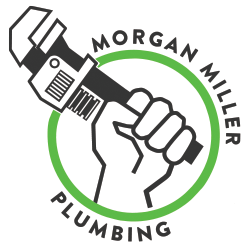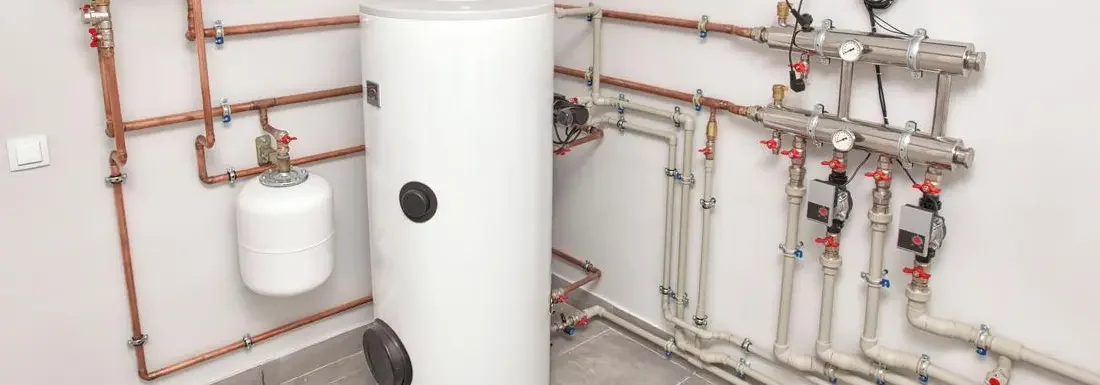When it comes to the comfort and convenience of our homes, few appliances play a more vital role than water heaters. From providing hot showers to ensuring clean dishes, a reliable water heater is indispensable. However, with various types, maintenance requirements, and potential issues, navigating the world of water heaters can be overwhelming. In this comprehensive guide, we’ll provide you with expert advice and practical tips to help you choose the right water heater, maintain its efficiency, and troubleshoot common problems.
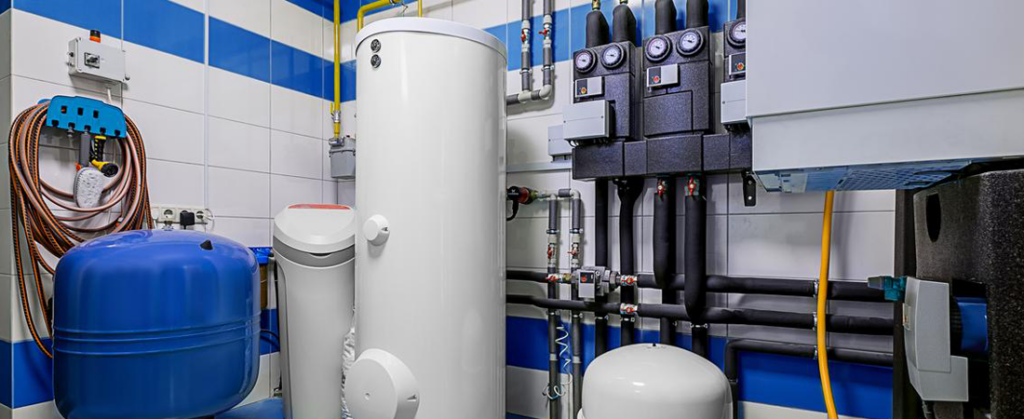
Common Types of Water Heaters
Water heaters come in different types, each with its own advantages and considerations. Gas water heaters are cost-efficient options that utilize natural gas or propane as fuel. On the other hand, electric water heaters are known for their energy efficiency and versatility. If you’re looking for a space-saving solution and endless hot water supply, tankless water heaters are worth considering. Lastly, solar water heaters harness renewable energy from the sun, making them an eco-friendly alternative. By understanding the characteristics of each type, you can make an informed decision that best suits your needs.
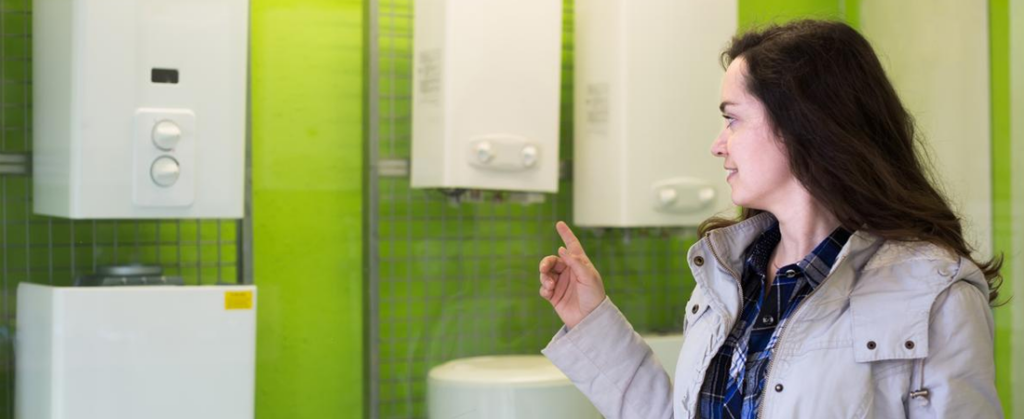
Selecting Your Water Heater
Choosing the right water heater involves several crucial considerations. First, determine your household’s hot water needs by considering factors such as the number of occupants and daily water usage. Efficiency ratings, such as Energy Factor (EF) and Uniform Energy Factor (UEF), provide insight into a water heater’s energy consumption. Sizing considerations are essential to ensure your chosen water heater meets the demand without excessive energy usage. It’s also vital to evaluate long-term costs, considering both the purchase price and ongoing operating expenses. Lastly, assess installation requirements, including available space, proper ventilation, and suitable fuel sources, to ensure a seamless setup.
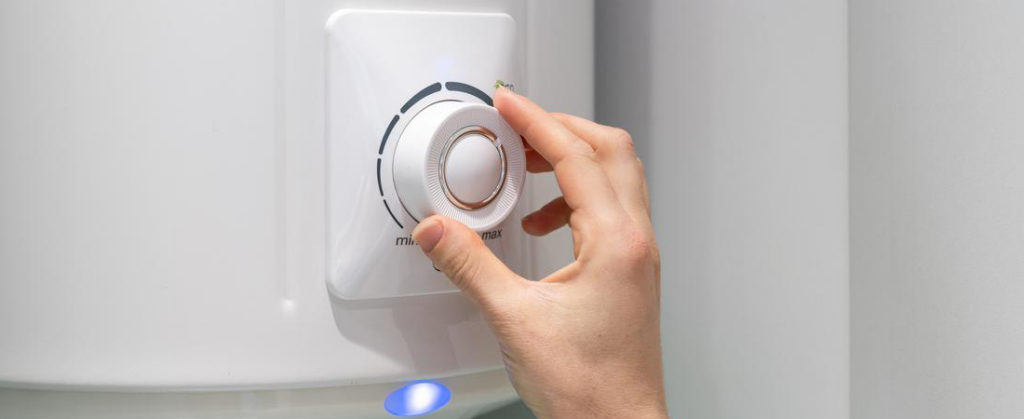
Maintaining Your Water Heater
Proper maintenance is key to maximizing the lifespan and efficiency of your water heater. Regularly flushing and draining the tank helps remove sediment buildup, ensuring optimal performance. Inspection and replacement of the Temperature and Pressure Relief (TPR) valve are necessary for safe operation. Additionally, checking and maintaining the anode rod prevents corrosion within the tank, extending its lifespan. Insulating your water heater minimizes heat loss and reduces energy consumption. By following a regular inspection and maintenance checklist, you can identify and address potential issues early on, ensuring your water heater functions optimally.
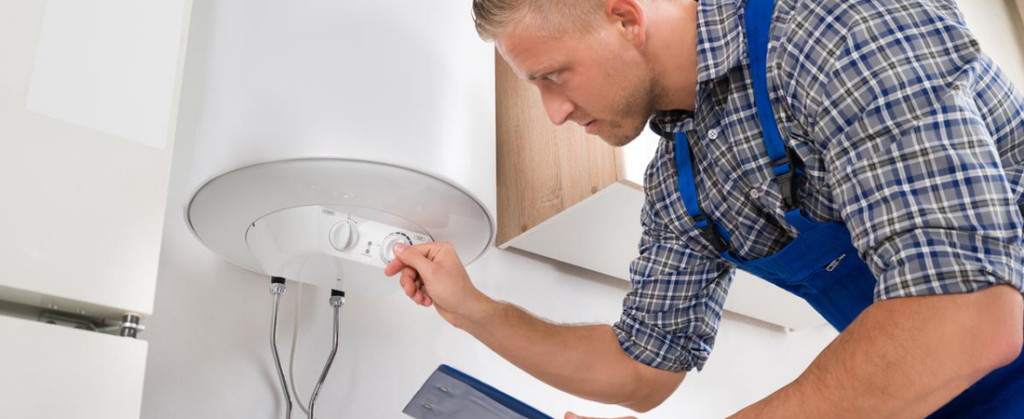
Water Heater Troubleshooting
Understanding common water heater problems and their potential causes empowers you to troubleshoot effectively. If you’re experiencing no hot water, possible culprits may include faulty heating elements, pilot light issues, or thermostat malfunctions. Inconsistent water temperature can be caused by factors like incorrect thermostat settings or a deteriorated dip tube. Unusual noises, such as popping or rumbling sounds, may indicate underlying issues that need attention. Addressing leaks and drips promptly is crucial to prevent water damage and inefficiency. By identifying the source of leaks and determining the appropriate solution, you can mitigate potential problems and ensure the proper functioning of your water heater.
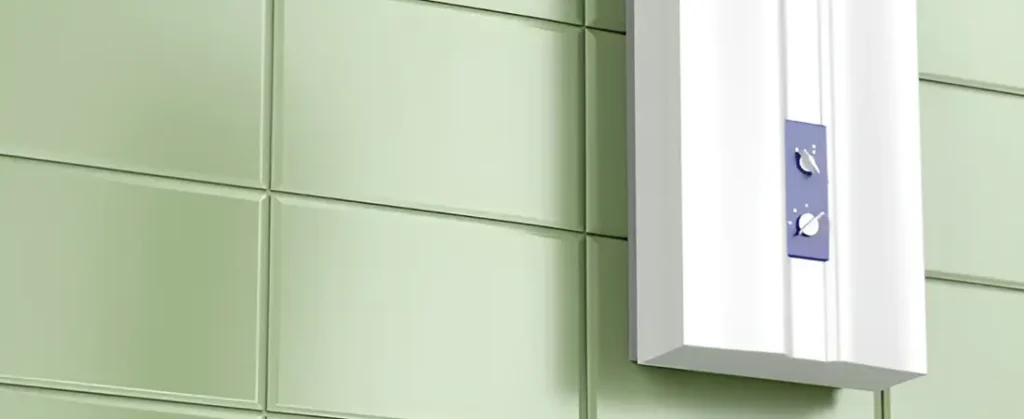
Conclusion
Maintaining a well-functioning water heater is vital for the comfort and functionality of your home. By understanding the different types of water heaters, selecting the right one for your specific needs, and following proper maintenance practices, you can ensure optimal performance throughout the year.
While performing your own routine maintenance can go a long way toward preventing plumbing issues, it’s also essential to schedule a professional plumbing inspection. A licensed plumber can inspect your entire plumbing system for any potential issues, including leaks, corrosion, and damage. They can also provide recommendations for improving efficiency and prolonging the lifespan of your plumbing system. It is recommended to schedule plumbing inspections at least once a year to catch any potential issues before they turn into major problems.
If your need more help installing or repairing a water heater, don’t risk the quick fix. Get help from the plumbing professionals at Morgan Miller Plumbing, (816) 765-4843
